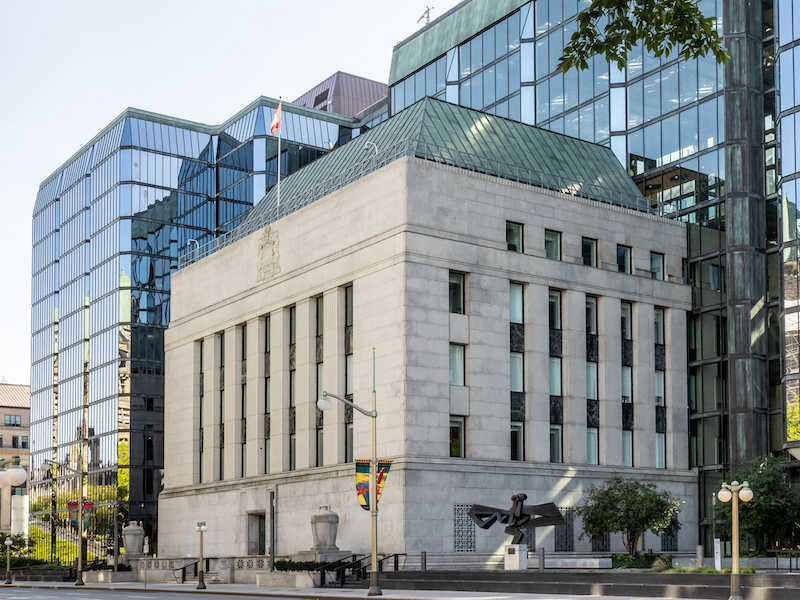
Bank of Canada governor Tiff Macklem says he expects 2024 to be a transition year as higher interest rates slow down the economy, making way for lower inflation.
In his final speech of the year, the governor laid out his expectations for a softer economy next year and offered criteria for the central bank to start discussing rate cuts.
“The effects of past interest rate increases will continue to work through the economy, restraining spending and limit growth and employment. Unfortunately, this is what’s needed to take the remaining stream out of inflation,” Macklem’s prepared remarks read.
However, this weakness is what will help get inflation back to target, he added, which would in turn open the door to rate cut discussions.
But Macklem warned that nothing is certain and there could be bumps along the way.
“Once governing council is assured that we are clearly on a path back to price stability, we will be considering whether and when we can lower our policy interest rate,” Macklem said. “I know it’s tempting to rush ahead to that discussion. But it’s still too early to consider cutting our policy rate.”
Until then, the governor said the central bank will continue to debate whether interest rates are high enough to bring inflation down.
He noted that the world is experiencing increased economic volatility, which requires central banks to be nimble.
The Bank of Canada has opted to hold its key interest rate steady at 5% during its last three rate decisions. Economists widely expect its next move will be a cut and come sometime next year.
The Canadian economy has struggled to grow this year under the weight of high rates, a trend expected to continue into 2024.
Financial markets are expecting the first rate cut to come as early as April, but many private sector economists say it may take a little longer for the central bank to feel confident that inflation is sustainably heading to 2%.
During his speech in Toronto, Macklem took the opportunity to reflect on the lessons the central bank learned this year, including the importance of remaining committed to the 2% inflation target and better communicating with Canadians.
The central bank is now planning to hold news conferences along with every interest rate decision, rather than only once a quarter.
“We want households, businesses and communities to understand the action we are taking and why. Taking questions at every decision is part of my commitment to explain our actions,” he said.
The Bank of Canada is also working on improving its tools and analysis when it comes to assessing and responding to inflation. In a world with more uncertainty and economic volatility, Macklem said the central bank needs to pay more attention to the supply side of the economy.